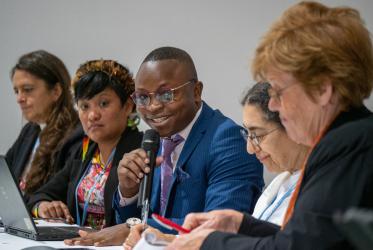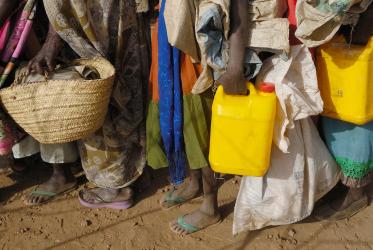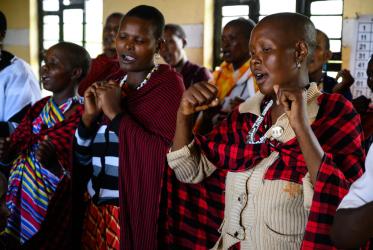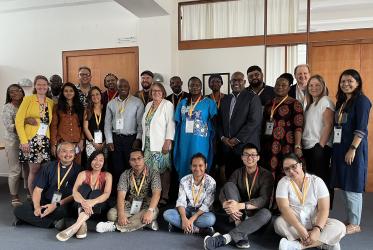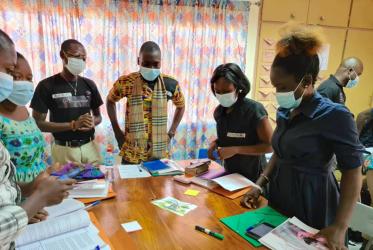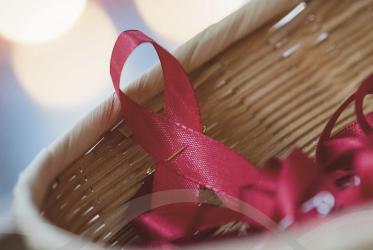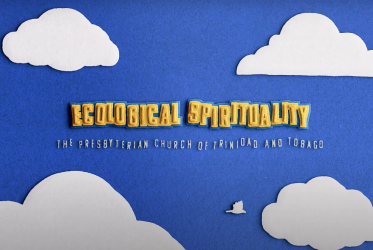Displaying 41 - 60 of 228
COP side event explores how to deliver on the promise of adaptation
16 November 2022
2022 Social Forum: Water for human rights and sustainable development
03 - 04 November 2022
Palais des Nations in Geneva, Switzerland
Water and justice at the WCC 11th Assembly
20 July 2022
GEM School grounds economic justice biblically
06 July 2022

